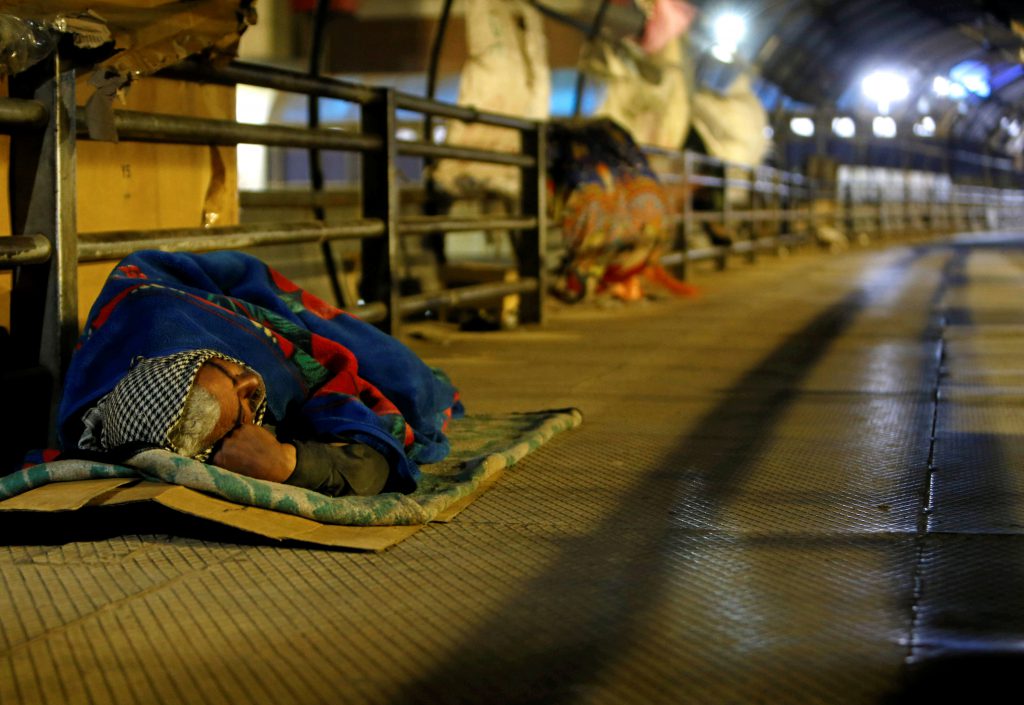The mass protests, starting from Tunisia, that shook the Arab world ten years ago voiced two demands: dignity and bread for all on the one side, and civil and political freedoms on the other. Indeed, citizens’ demands at the time were essentially about making economic and social rights a reality for everyone, and about working towards a fairer society.
Sadly, what characterised the protest movements a decade ago is still valid today and risks casting a shadow on some of the democratic progress made. People’s socio-economic rights and conditions continue to be violated; ongoing mass protests across the region – even though stalled to some extent by the pandemic – aim to denunciate the inadequate employment opportunities, poor state services and rising inequality.
Tunisia has seen remarkable progress on civil and political rights. But it stands alone in this regard. Worse even: people in the MENA region, including in Tunisia, are increasingly disappointed and at least as upset as a decade ago because living conditions and social justice have hardly changed at all. This situation is at odds not only with international standards, but also with constitutional rights in some countries. Income inequality is growing in many MENA countries; youth unemployment is skyrocketing, for example in Tunisia where it is currently at 36%. Public sector cutbacks, including in healthcare and education, are widespread and the cost of living has surged.
These major setbacks, which affect the lives of millions across the region, threaten the progress of democratisation, and risk undermining the improvements on civil and political rights in the long run. Unkept promises of equal opportunity have reached a tipping point. Migration flows are on the rise, fuelled by the departures of exasperated citizens looking for a brighter future elsewhere.
This situation requires serious, systematic consideration by national governments but also by the European Union as part of its Southern Neighbourhood Policy. The EU must ensure that its cooperation with Southern Mediterranean partner countries prioritises universal social protection coverage and adequate, non-discriminatory public service provision in order to prevent and alleviate poverty, vulnerability and social exclusion in the region. As EuroMed Rights highlighted before, it is time for the EU to take the people and their needs as a starting point in its policy- and decision-making, rather than mere macroeconomic growth.

